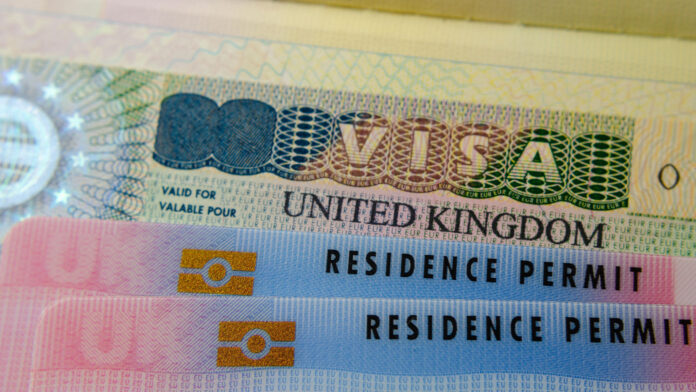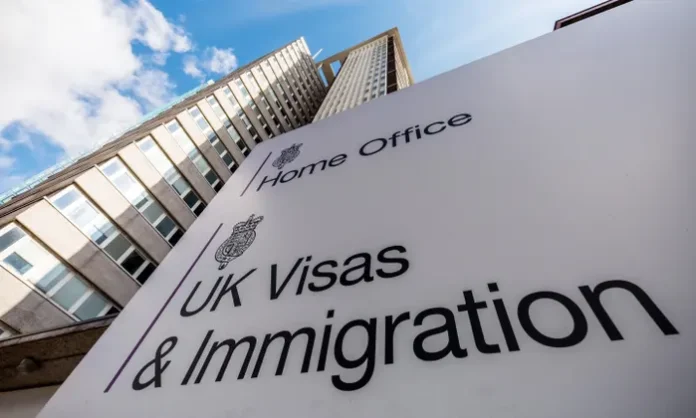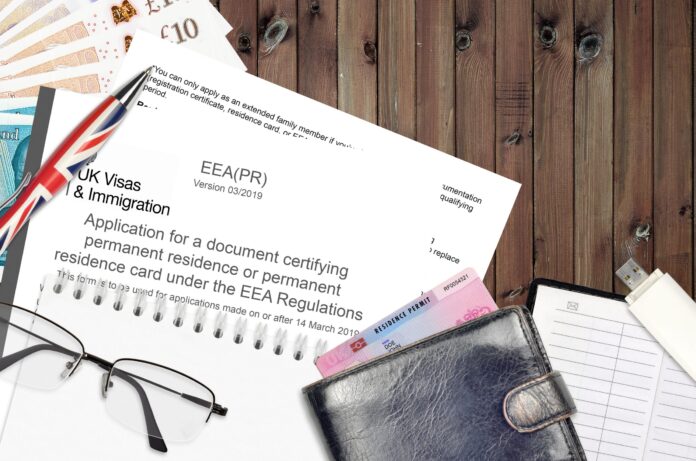Navigating the visa application process can be complex and challenging, and facing a visa refusal can be frustrating and disheartening. However, the good news is that in the United Kingdom, there is an opportunity to appeal a visa refusal decision through a well-defined process.
This comprehensive guide will walk you through the UK visa appeal process, providing the essential information and insights to understand the steps involved.
Grounds for Appeal

When faced with a UK visa refusal, understanding the grounds for appeal is crucial. The UK immigration system provides specific circumstances under which you can appeal a visa refusal decision. The grounds for appeal typically include errors in the decision-making process, incorrect interpretation of immigration rules, or the failure to consider relevant evidence submitted with the application.
To initiate an appeal, you must identify the specific grounds for your case. This involves carefully reviewing the refusal notice provided by the Home Office, which outlines the reasons for the visa refusal. It is essential to assess whether these reasons align with the immigration rules and whether there are grounds for challenging the decision.
The Timeline

Once you decide to appeal a visa refusal, it is essential to adhere to the strict timelines set by the UK immigration authorities. Typically, you have 14 days from receiving the refusal notice to lodge your appeal. Failure to meet this deadline may result in your appeal being rejected or further complications in the process.
After submitting your appeal, the waiting time for a hearing can vary. In most cases, it takes several months for an appeal to be scheduled due to the volume of cases. However, urgent or exceptional circumstances may result in expedited hearings.
Gathering Supporting Evidence
To strengthen your appeal, it is crucial to gather compelling supporting evidence. This evidence should address the reasons for the refusal stated in the Home Office’s decision letter. In addition, it is important to focus on presenting new or updated evidence not previously submitted with your visa application.
Supporting evidence can include bank statements, employment contracts, educational qualifications, or proof of family ties in the UK. Additionally, witness statements and expert opinions can be valuable in certain cases. Ensure all evidence is clear, concise, and relevant to your appeal.
Preparing the Bundle
The appeal bundle is a collection of documents that present your case to the tribunal. It is essential to organize and present this bundle logically and persuasively. Include a cover letter that provides an overview of your case, clearly addressing each ground for appeal. Ensure that all documents are paginated and referenced appropriately.
The appeal bundle should include copies of all relevant evidence, such as correspondence with the Home Office, the refusal notice, and any additional documents that support your case. It is crucial to present your appeal bundle professionally, as it significantly impacts the perception of your case by the tribunal.
The Hearing Process
You will be assigned a hearing date once your appeal is lodged and the bundle is submitted. The appeal hearing lets you present your case in person before an independent immigration judge. The judge will review the evidence, listen to your arguments, and question you or any witnesses present.
During the hearing, it is crucial to remain calm and articulate. Present your arguments clearly and concisely, addressing each ground for appeal. Be prepared to answer any questions the judge poses and provide any additional information or clarifications required.
The Tribunal Decision

After the appeal hearing, the immigration judge will consider the evidence and arguments presented. They will then issue a written decision outlining their findings and whether your appeal has been allowed or dismissed.
If your appeal is successful, the judge may overturn the visa refusal decision, allowing you to proceed with your visa application. However, in case of an unsuccessful appeal, you may have alternative options to pursue, such as reapplying or exploring other immigration routes.
How Can Lawyers Help?
Navigating the UK visa refusal appeal process can be daunting, and seeking the assistance of an experienced immigration lawyer can significantly enhance your chances of a successful outcome. Immigration lawyers specialize in visa and immigration matters and possess in-depth knowledge of the complex legal requirements and procedures involved in the appeal process.
- Expert Advice and Assessment: Immigration lawyers can review your case, assess the grounds for appeal, and provide you with an expert opinion. They can analyze the refusal notice, identify legal errors, and advise you on the best action.
- Legal Representation: A skilled lawyer can represent you at the hearing, presenting your case professionally and persuasively. They can articulate legal arguments, cross-examine witnesses, and address any questions raised by the immigration judge. Legal representation can significantly strengthen your case and alleviate the stress of dealing with the process alone.
- Case Preparation: Immigration lawyers have extensive experience gathering and organizing supporting evidence. They can guide you in collecting relevant documents, ensuring that all evidence is presented clearly and compellingly. Additionally, they can help you collect and prepare all required documents, ensuring that it meets the tribunal’s requirements.
- Legal Strategy: Lawyers can devise a strategic approach, considering the specific circumstances of your case. They can identify potential weaknesses and strengths, develop persuasive arguments, and help you present your case in the most favorable light.
- Legal Updates and Guidance: Immigration laws and policies can undergo frequent changes. Lawyers stay updated with the latest developments and can provide you with accurate information and guidance. In addition, they can explain any changes impacting your case and adjust your strategy accordingly.
- Professional Representation: Having a lawyer by your side demonstrates to the tribunal that you are serious about your appeal. It shows that you have sought professional advice and are committed to presenting a strong case. This can positively influence the perception and lead the decision in your favor.
Last Words

While facing a UK visa refusal can be frustrating, it is important to remember that the appeal process offers a chance to challenge the decision and present a compelling case for reconsideration. You can confidently go through the process by introducing yourself with the grounds for appeal, adhering to the timelines, and gathering supporting evidence.









